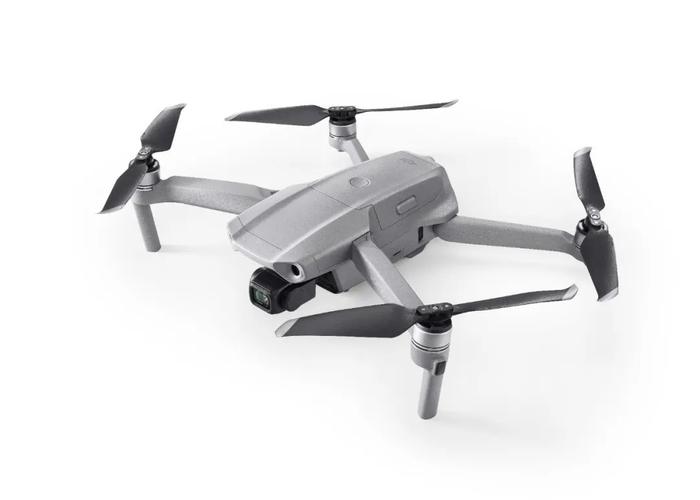The primary application of drones with night vision capabilities lies in security and monitoring. Businesses, government agencies, and law enforcement use these drones to patrol expansive areas, monitor sensitive borders, and ensure public safety by capturing real-time footage of suspicious activities even in complete darkness. This capability significantly enhances the efficacy of surveillance operations.
Environmental Monitoring
Drones play a crucial role in environmental conservation efforts. Equipped with night vision cameras, they can track nocturnal wildlife and assess ecosystems during nighttime operations, which are often when many endangered species are most active. This allows researchers and conservationists to gather invaluable data without intruding on the natural habitat.
Disaster Response
- In the event of natural disasters, drones provide vital, immediate reconnaissance. Their ability to function at night means rescue operations are not hindered by the time of day. They can locate individuals trapped under debris or in otherwise inaccessible areas, delivering situational awareness to emergency services.
Infrastructure Inspection
Inspecting infrastructure—such as bridges, tunnels, and railroads—at night can be necessary to minimize traffic disruptions. Here, drones equipped with night vision cameras can perform these tasks efficiently, identifying areas in need of maintenance without the bustle of daytime operations. This ensures that necessary repairs can be scheduled promptly and efficiently.
Search and Rescue Operations
Dense forests and remote locations pose challenges during search and rescue missions. Night-capable drones can successfully search these areas and identify heat signatures, guiding rescue teams to the precise locations of individuals needing assistance. This real-time data can prove life-saving in critical situations, ensuring swift and effective responses.
With ever-evolving technology, sectors utilizing drones are continuously exploring new possibilities. The application of night vision cameras is expanding, seeking solutions to more complex challenges. This adaptability demonstrates the potential for further enhancements and functions of drones.

FAQs
- How do night vision cameras differ from regular cameras?
- Night vision cameras operate by detecting infrared light rather than visible light, allowing them to function effectively in low-light conditions by capturing heat signatures.
- Can drones with night vision cameras be used legally for surveillance?
- Yes, but their use typically requires adherence to regulations set by aviation and privacy laws. It’s essential to check local guidelines before operating drones for surveillance purposes.
- What advancements are expected for drones in the near future?
- We can anticipate improvements in battery life, AI capabilities for autonomous navigation, and more advanced sensors for enhanced environmental data collection in all conditions.